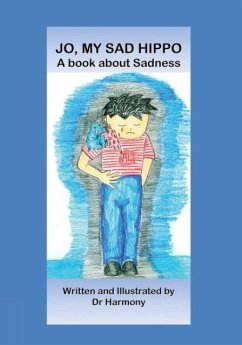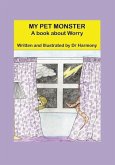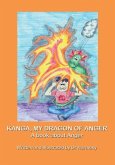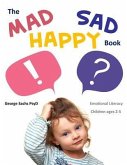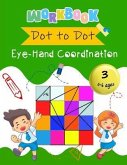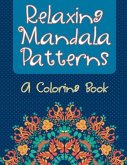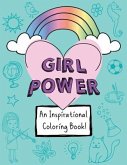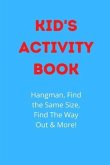When adults are not comfortable talking about and facing uncomfortable feelings, such as sadness, it is then difficult for their children to learn how to deal with these feelings constructively. "Bottled" emotions increase the risk of physical and emotional health problems. Some people turn to drugs and alcohol, comfort-eating, gambling or domestic violence. It also fractures relationships and families. Vast amounts of research suggest that promoting resilience (such as constructive use of our uncomfortable feelings) reduces the risk of children later developing behavioural problems, being bullied or bullying others, having substance abuse, mental illness, suicide and school dropout. Resilience can also promote academic performance and can even improve treatment outcomes in adults with anxiety and depression. Treating emotional and social problems when they have already developed is more difficult and costly than preventing it. We need to be instilling our children with skills early in life to prevent problems from happening. The message is clear: Everyone will be confronted with life challenges and stress, no matter what age. Uncomfortable feelings are also normal. Once we accept this and can identify our feelings, we then have choices about how to deal with them constructively. This empowers children and families, reduces helplessness and brings hope. Resilience is a lifetime priceless gift we can teach our children with endless benefits. All Dr Harmony's books: -Have "find the character" on each illustrated page; -Rhyme (research suggests rhyming books lead to advanced readers); -Have a fun activities section for children to emphasise the messages of each book; -Have an adults' page provides tips to adults to help children to work through each feeling in real-life situations; -Are easy for children to relate to. TIP: Get your children to draw their sad hippos and give them personalised names! Their hippos can then be referred in daily life whenever they feel sad or hopeless. This reminds them about the strategies discussed in the book. The more frequently the concepts are used, eventually it is easier for children to independently problem-solve life challenges. REVIEW by KIRKUS REVIEWS: "In this installment, sadness is shown in a slightly positive light: "it's okay to feel sad sometimes," offers Sal. "You can even learn from it or help others." Activity pages encourage children to draw their own sad moment. A word search and maze are also included in the back, along with notes to parents with tips on how to help their children deal with too much sadness...may help some young children develop empathy." REVIEW by Stephen Thompson, Editor and Publisher (Essteemedia) "What a great series. Gorgeous pictures, cute rhymes and wonderfully presented. What more could you ask for in a series of kids' books? Well. you could ask for an important message about behaviour, and maybe a note to parents about how to reinforce that message, and maybe a game or two to play. Check. The series has all that. They are not just picture books but are also handy reference books for parents ... and even adults in general. They might be set out as books for children, but there are a few tips in there that could help many grown-ups. Highly recommended for children of all ages."
Hinweis: Dieser Artikel kann nur an eine deutsche Lieferadresse ausgeliefert werden.
Hinweis: Dieser Artikel kann nur an eine deutsche Lieferadresse ausgeliefert werden.

